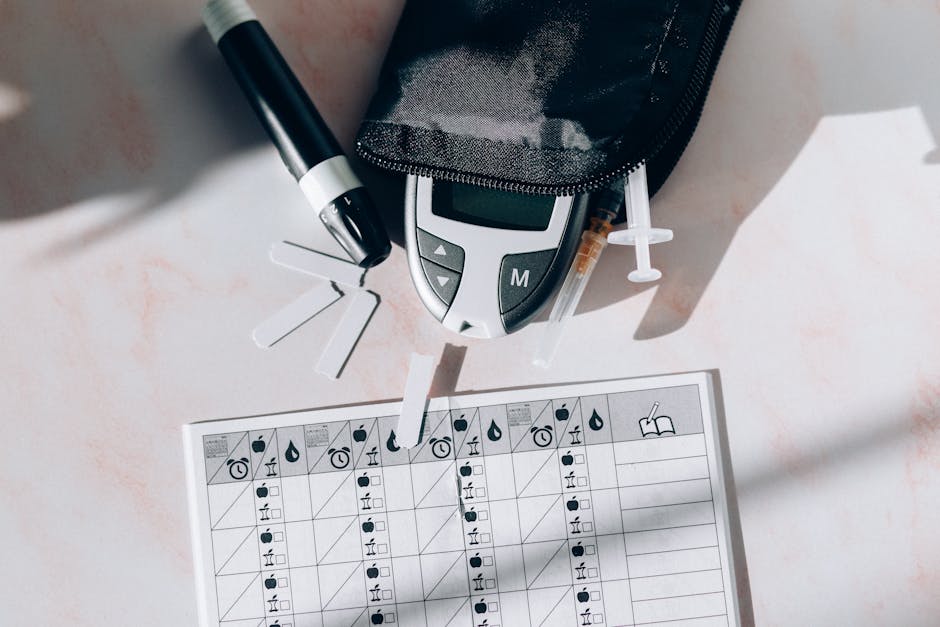Creating a Relapse Prevention Plan: A Simple Guide
What is a Relapse Prevention Plan?

Imagine you’re trying to quit smoking. You’ve made progress, but suddenly you find yourself reaching for a cigarette. A relapse prevention plan is like a roadmap to help you stay on track and avoid slipping back into old habits.
Why is a Relapse Prevention Plan Important?

Having a plan in place can significantly increase your chances of staying on the path to recovery. It helps you identify triggers, develop coping strategies, and build a support system to lean on when times get tough.
Identifying Triggers

Triggers are situations, emotions, or people that can lead to a relapse. They can be different for everyone. For example, seeing an old friend who still drinks could trigger a relapse for someone in recovery from alcohol addiction.
Creating Your Plan

1. Identify your triggers: Think about what situations or emotions make you want to go back to your old habits.2. Develop coping strategies: Find healthy ways to deal with triggers, like going for a walk or calling a friend.3. Build a support system: Surround yourself with people who understand your journey and can offer encouragement.
Real-Life Example
Imagine you’re trying to cut back on sugar. Your trigger is stress, which often leads you to raid the cookie jar. Your coping strategy could be taking deep breaths or going for a quick run when stress hits. Your support system could be your partner who helps you stay accountable.
Staying Committed
It’s natural to have slip-ups along the way. The key is not to beat yourself up but to learn from them. Reflect on what triggered the relapse and adjust your plan accordingly. Remember, it’s a journey, not a race.
Expert Tips
Dr. Smith, a psychologist specializing in addiction, advises, “Consistency is key when it comes to relapse prevention. Keep your plan simple and stick to it even on the toughest days.”
Practical Tips for Success
1. Keep your plan visible: Write it down and put it somewhere you’ll see it every day.2. Celebrate small victories: Acknowledge your progress, no matter how small.3. Stay connected: Regularly check in with your support system and don’t be afraid to ask for help when needed.
Conclusion
Creating a relapse prevention plan is a powerful tool in your journey towards positive change. By identifying triggers, developing coping strategies, and building a support system, you can increase your chances of success. Remember, it’s okay to stumble, as long as you get back up and keep moving forward.




